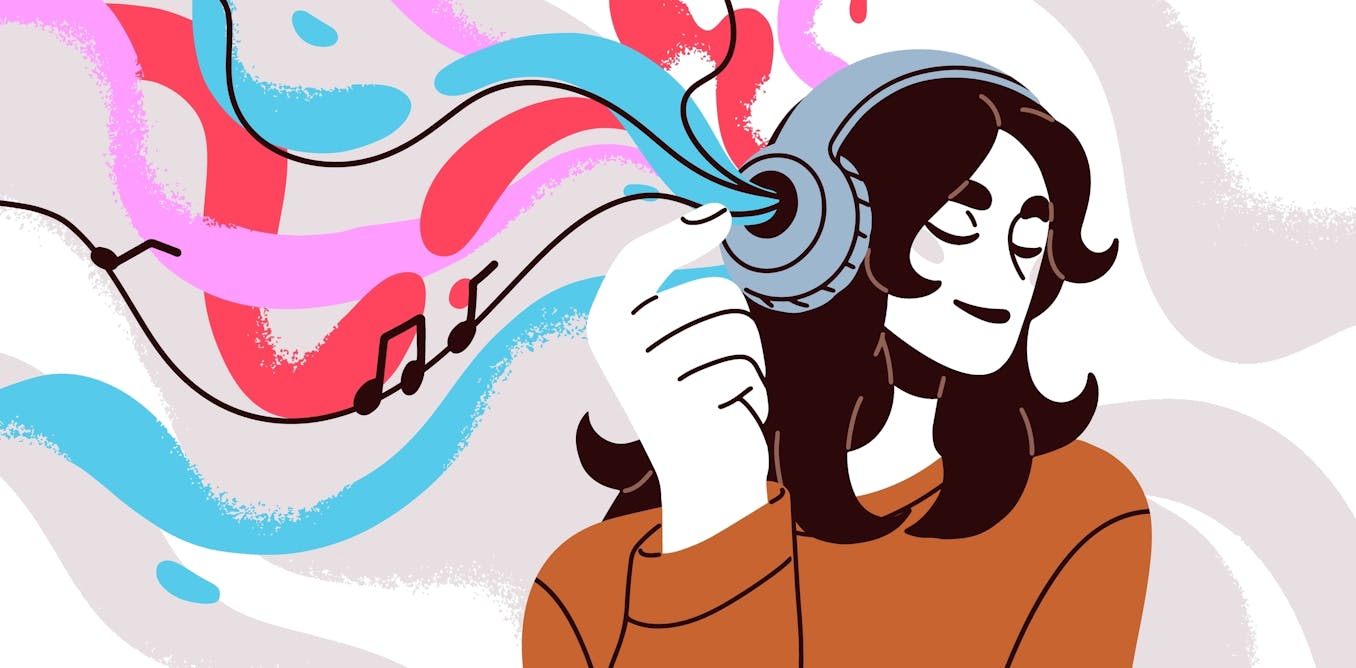I’ve kind of had enough of all this Stoic stuff. I’m not an expert on Stoicism (maybe you can help?). But I’ve had enough of being told by Stoic friends to “choose my feelings” and to “take control of my emotions.” Sure, I don’t like being angry, anxious, or even depressed now and then, but I also feel like they are part of me. I feel bored (and angry) at people telling me to feel a certain way. I want to feel my feelings. Am I wrong in this?
– Julie, UK
Whenever a movement starts to build momentum, a countermovement is usually not far behind. It’s a kind of sociological version of Newton’s Third Law of Motion — for every philosophy, there is an anti-philosophy. For every popular idea, a subculture of critics and naysayers develops.
I think something like that is happening with Stoicism. Stoicism is popular right now, thanks to the likes of Tim Ferriss, Ryan Holiday, and a small group of tech CEOs who post Marcus Aurelius quotes on social media. But, as with any popular idea, there’s an increasing swell of misunderstood variations. There are people who wrongly equate Stoicism with either cold emotionlessness or as a way to justify incel-esque, red-pilled misogyny. Before I get a stream of angry Stoics emailing in, I’m not saying this is what Stoicism is, but I am arguing that this is how it’s perceived in some corners of the internet.
And so, we come to Julie’s problem. She’s framed her question around Stoicism. A Stoic friend has told her to take control of her emotions. I might be misjudging the situation, but given that far more men identify as Stoics than women, and given the associations I mentioned, I can’t shake the idea that Julie’s problem takes its place in a long history of men telling women to “stop being so emotional.”
To sort out Julie’s dilemma, I reached out to an expert on emotions: Krista Thomason, Associate Professor of Philosophy at Swarthmore College. Thomason is the author of Dancing with the Devil, where she argues all emotions — including negative ones — have value.
The Stoic’s advice
Let’s dig into the possible reasons Julie’s Stoic friend have told her to “take control of her emotions.” As I’ve said before, Stoics are not advocating cold detachment. They’re not about repression or stony-faced indifference. That’s naïve stoicism, and it’s dangerous. Instead, Stoics often have two reasons for “controlling our emotions.”
First, as Thomason explains, “The Stoics believed that emotions disturb your peace of mind. So, if I’m sad because my picnic gets rained out, the Stoics will tell me that it doesn’t make sense to be sad because there’s nothing I can do about the rain.” This is part of the Stoic’s dichotomy of control — change what you can; accept what you can’t. Why get upset about other people’s opinions when you can’t control them? Why complain about the cold when you have no say over it?
Second, Stoics believe we should try to regulate our emotions when they risk clouding our rational faculties, especially our ability to choose the moral path. Stoics believed the highest good in life was acting virtuously, which requires us to be rational. If we cannot be rational, we cannot be virtuous, and so we cannot be happy (which, they argue, is the natural result of acting virtuously). So, if emotions get in the way of our rational logos — or worse, lead us away from virtue — then we should try to regulate or even purge them.
Julie’s pushback
The Stoic’s reasoning is often hugely beneficial for many people. It’s what makes cognitive behavioral therapy work so well, and I’d bet good money that someone in your life has needed or used CBT before. But both of these reasons also have legitimate critiques. These might explain what’s bothering Julie.
First, Thomason asks, “Why isn’t it OK to be sad about a ruined picnic? Maybe I was really looking forward to it! The Stoics think you control your emotions by trying not to be too invested in anything. But I don’t think it’s good to try to keep everything you care about at arm’s length just so you can avoid negative emotions.”
Thomason believes we cannot care about things without a degree of emotion, and negative emotions are often the price we pay for care. “Emotions are ways of caring about things,” she says. “If I care about philosophy, for instance, I’ll be excited when I get to go to a conference, but I’ll also be angry when people say stupid things about it. I like to say: if you care about something, you’ll feel about it. Your emotions are part of how you care about things and find meaning in your life.”
But what about the second point? What about emotions distracting or derailing our rational faculties? Well, here it seems the Stoics might have a dated conception of what emotions actually are. Emotions aren’t external forces that temporarily possess us. They aren’t spirits that we must fight with our rational faculties. There is no head vs. heart or reason vs. emotion. The two are inextricably interwoven, like salt dissolved in water.
“I sometimes talk about emotions as a sixth sense,” Thomason says. “If I think I’ve found my dream job and yet I also find myself dreading going to work every morning, that dread might be alerting me to something that I might not be ready to face. That doesn’t mean our emotions are always right, but it also doesn’t mean that they can be dismissed as irrational just because we don’t immediately understand them. We ought to learn to listen to our feelings, even when they might seem surprising or confusing.”
Accepting emotions for what they are
So, why is Julie so frustrated with her Stoic friend’s advice? What’s wrong with the idea of regulating negative emotions?
First, I don’t think we can entirely ignore the personal dynamic here. I don’t know Julie’s “stoic friends,” but it’s very hard to tell someone to “control your feelings” without sounding patronizing and smug. There’s little more infuriating in the world than being told to “calm down” when you’re in the midst of a simmering grump.
More importantly, though, Julie is being told to deny an element of herself. She’s being told to reject, ignore, or push aside a part of her identity that has just as much right to exist as any other. Her anger, anxiety, and “now and then” depression are just as important to her as her positive emotions. They are just as important as her rational capacities as well.
Thomason argues that there is an increasing tendency for “people to try and work against the relentless drive toward positivity with slogans like ‘it’s okay not to be okay.’” But the issue runs deeper than that. There are no “okay” and “not okay” feelings. “Feeling anxiety, fear, and sorrow is being okay,” Thomason says. “It’s totally normal to experience a full range of human emotion.”
So, Julie, you’re not wrong in this. But there’s a bit more to it. I can’t entirely set aside the Stoic-leaning philosopher in me. Remember to spend time reflecting on your emotions. Remember to look at them as a valuable diagnostic tool. If you’re angry, jealous, or scared, that’s your body telling you something. And, to paraphrase Maya Angelou, “The more you know, the better you can act.”
This article Everyday Philosophy: Is there such a thing as a “negative emotion”? is featured on Big Think.

The post “Everyday Philosophy: Is there such a thing as a “negative emotion”?” by Jonny Thomson was published on 11/08/2024 by bigthink.com







































Leave a Reply